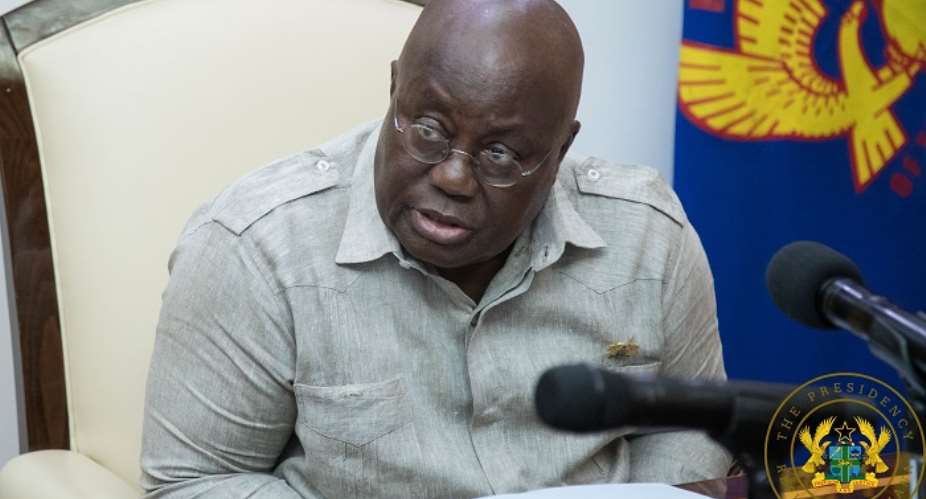History will never forget the devastating effects of the novel coronavirus. No country has been spared from this viral wave which has infected millions and killed thousands of people. With scanty scientific knowledge on the behaviour and geographical dynamics of the virus, nations all over the world implemented many unpopular measures in order to contain the spread of the virus. These measures offered scientists and decision-makers the opportunity to accumulate enough knowledge to effectively contain the virus, treat the infected and make well-informed decisions, going forward. Currently, clinical trials of potential vaccines/effective medication to the virus have been ongoing across many laboratories globally.
Although it takes between 12-18 months to develop a vaccine, it has been the resolve of scientists to fasten the time in developing a vaccine to this coronavirus. Until a vaccine or effective medication is developed, the world cannot be grounded by this viral effect. According to the World Health Organisation, 'coronavirus may never go away and populations will have to learn to live with it just as they have HIV.' The world all over, the prospect of the virus hanging around has left governments a delicate balancing act between suppressing the viral infections and death rates and getting economies back to life again. Continuous restrictions to curb the spread of the virus could cause lasting damage on economies and other spheres of life. In consonance of that, countries have begun easing restrictions gradually, in a bid to restore normalcy.
At exactly 10:00 pm on Sunday 31st May 2020, President Nana Akufo Addo in a national address announced the decision to ease the restrictions which affected the social, economic and religious lives of Ghanaians in the wake of the pandemic, using a phased approach. In the words of the Prez, 'a consensus emerged from consultations to embark on a strategic, controlled, progressive and safe easing of restrictions to get our lives and economy back to normal.' Just like many others, I find wisdom in the decision to cohabit with COVID-19 as stated by the World Health Organisation but, we shouldn't underestimate the lingering threat this virus presents to us.
I have some few questions to engage our minds as we seek, in a gradual manner, a restoration to normal life. Is the coronavirus fight over? Should we restore our social lives back to default settings? What happens to the safety and compliance protocols? Let agree with the President that 'with greater freedom comes greater responsibility.' We are all optimistic that this 'too passes away' sooner than later, but until a vaccine is found, nobody knows when this pandemic will go away. Since the outbreak, the Prez of the Republic has not hesitated to use executive fiat to protect us and safeguard our territories. Now that we have begun to ease the restrictions, the responsibility has been handed over to us to stay safe. We should expect more movements of people with the easing of movement restrictions and the virus we have come to know thrives on mobility.
In my opinion, we must now treat all the safety protocols with a much higher degree of compliance. In the absence of a vaccine, adherence to what the experts call 'the non-pharmaceutical measures' is the only effective means to stay safe. We should not let our guards down on frequent washing of hands with soap under running water, use of hand sanitizers, wearing of face mask, social and physical distancing. Most importantly, stay at home if the reason to step out is not essential. Government, health officials and the media must intensify public education now than ever. There must be aggressive contact tracing of infected persons and testing of potential carriers of the virus.
'Fellow Ghanaians', as the Prez affectionately calls us, if there is a time after the fight for independence which requires our collective effort in any national quest, that time is now. With the President's acknowledgement that there exists the possibility of a potential surge in infections, I have an unwavering trust in the Ghanaian to keep strict adherence to these protocols so that all of us will be safe and defeat this virus. If we don't do this and get hit with a second wave, the job will be bigger and consequences will be dire.
In all that we do in these abnormal times, let’s always remember, "there is no substitute for death."
Written by;
Reforce Okwei
Contact: [email protected]





 Lay KPMG audit report on SML-GRA contract before Parliament – Isaac Adongo tells...
Lay KPMG audit report on SML-GRA contract before Parliament – Isaac Adongo tells...
 Supervisor remanded for stabbing businessman with broken bottle and screwdriver
Supervisor remanded for stabbing businessman with broken bottle and screwdriver
 NDC watching EC and NPP closely on Returning Officer recruitment — Omane Boamah
NDC watching EC and NPP closely on Returning Officer recruitment — Omane Boamah
 Your decision to contest for president again is pathetic – Annoh-Dompreh blasts ...
Your decision to contest for president again is pathetic – Annoh-Dompreh blasts ...
 Election 2024: Security agencies ready to keep peace and secure the country — IG...
Election 2024: Security agencies ready to keep peace and secure the country — IG...
 People no longer place value in public basic schools; new uniforms, painting wil...
People no longer place value in public basic schools; new uniforms, painting wil...
 'Comedian' Paul Adom Otchere needs help – Sulemana Braimah
'Comedian' Paul Adom Otchere needs help – Sulemana Braimah
 Ejisu by-election: Only 33% of voters can be swayed by inducement — Global InfoA...
Ejisu by-election: Only 33% of voters can be swayed by inducement — Global InfoA...
 Minority will expose the beneficial owners of SML, recover funds paid to company...
Minority will expose the beneficial owners of SML, recover funds paid to company...
 Prof. Opoku-Agyemang has ‘decapitated’ the NPP’s strategies; don’t take them ser...
Prof. Opoku-Agyemang has ‘decapitated’ the NPP’s strategies; don’t take them ser...
